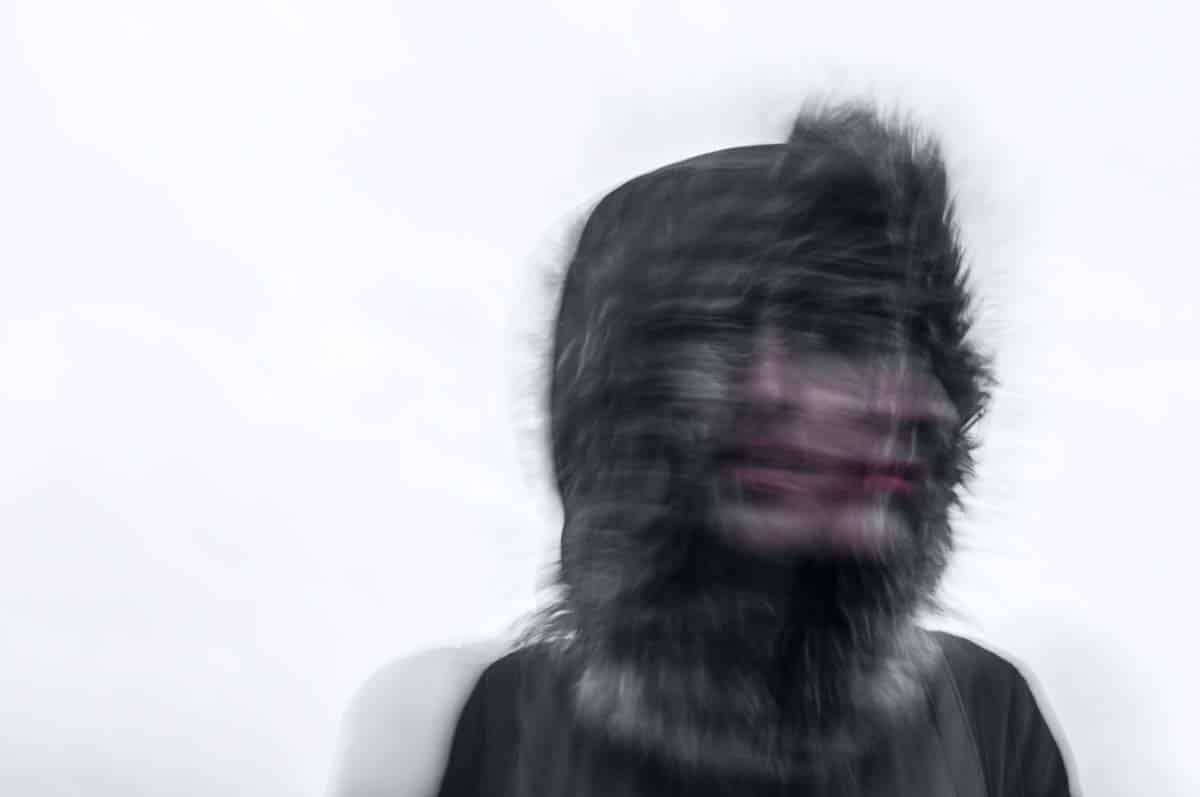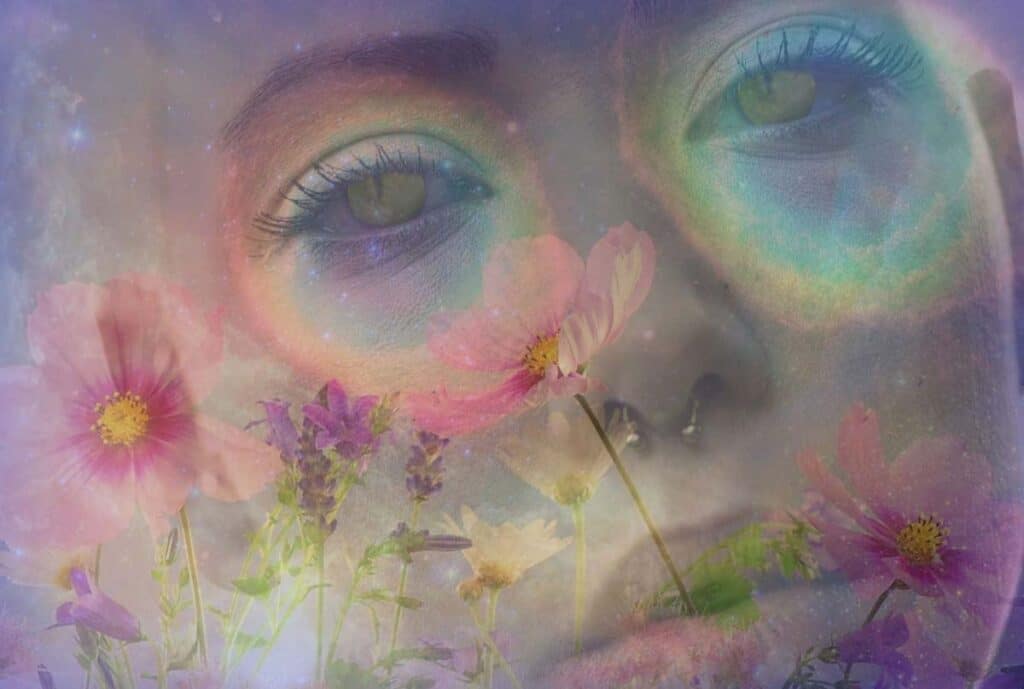Hallucinogens are drugs that are known to cause ‘hallucinations’ or effects that may otherwise alter one’s perception of reality. They include classic hallucinogens (like LSD and mushrooms) and dissociative drugs (like PCP and ketamine).
These drugs can have dangerous side effects – especially if you regularly take them. It’s important to know when to seek out support for hallucinogen abuse. This guide explains more about getting support for hallucinogen abuse in Indiana.

The negative effects of hallucinogen abuse
Hallucinogens disrupt communications in the brain, which can lead to changes in the way we perceive images, sound, feeling, and temperature. While some people’s experiences can be pleasant, others may experience unpleasant short-term side effects. These may include:
- Scary or unpleasant hallucinations (a bad trip)
- Paranoia
- Psychosis
- Disorientation
- Dry mouth
- Loss of appetite
- Nausea
- Seizures

Some people have been known to experience long-term side effects. These are more common in people that regularly take hallucinogens, but can also be triggered by a single bad trip. They include:
- Persistent paranoia and psychosis
- Flashbacks to hallucinations
- Memory loss
- Anxiety
- Depression
Hallucinogens can be addictive and may even present withdrawal symptoms in people that use them regularly. If you have tried to quit hallucinogens but feel compulsively drawn to keep using them, it could be a sign that you are addicted.
Research suggests that some people can build up a tolerance to hallucinogens through regular use. This may result in the constant desire to relive a past trip but an inability to get there due to a high tolerance. Some people may compensate for this by trying larger doses, which may lead to an increased risk of overdose.
Getting support for hallucinogen abuse in Indiana

You should consider getting support for hallucinogen abuse if:
- You are experiencing persistent long-term effects.
- You are addicted to hallucinogens – you’ve tried to quit but have failed
- You are regularly seeking out higher doses
When it comes to support for hallucinogen abuse in Indiana, there are various support options. By talking to a professional drug addiction counselor, you may be able to work out the best option for you.
A few different forms of support that are effective against hallucinogen abuse include inpatient treatment, outpatient treatment, intensive outpatient treatment, and telemedicine.
- Inpatient treatment involves living at a rehabilitation center. This is typically recommended for more serious forms of addiction. By living at the center, you won’t have to deal with the temptations of everyday life and you have access to 24-hour support.
- Outpatient treatment involves living at home and going into a rehabilitation center every so often for therapy. For those with family commitments or work, this option may be better suited.
- Intensive outpatient treatment is somewhere in the middle of inpatient and outpatient treatment. You live at home, but you may have to visit the rehabilitation center more regularly and you may be more closely monitored.
Telemedicine meanwhile involves not visiting a rehabilitation center at all. All therapy sessions can be carried out virtually, which may allow you to make minimal changes to your everyday life.

